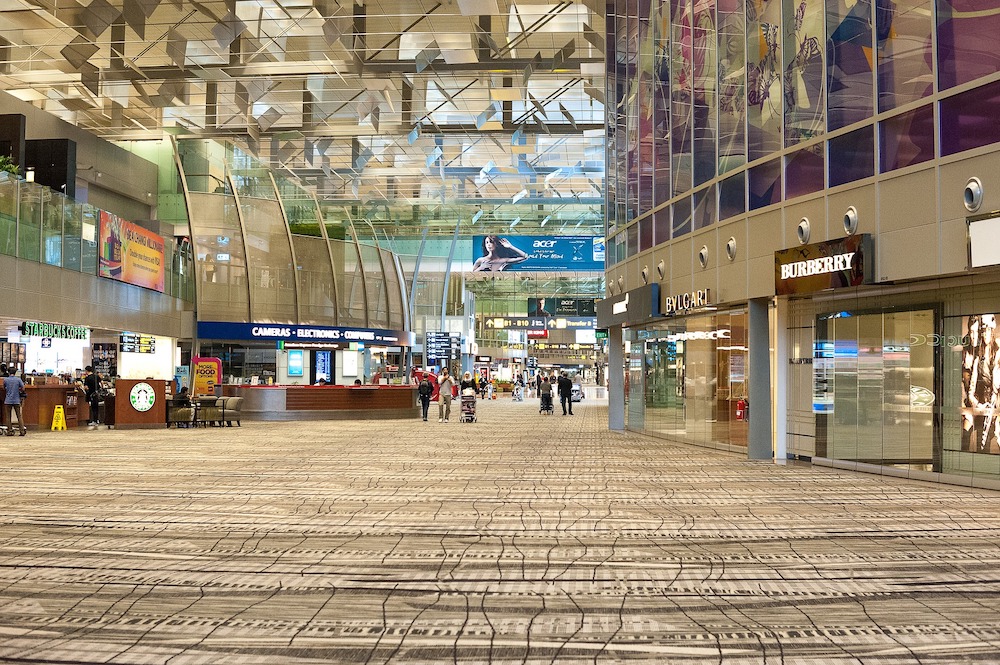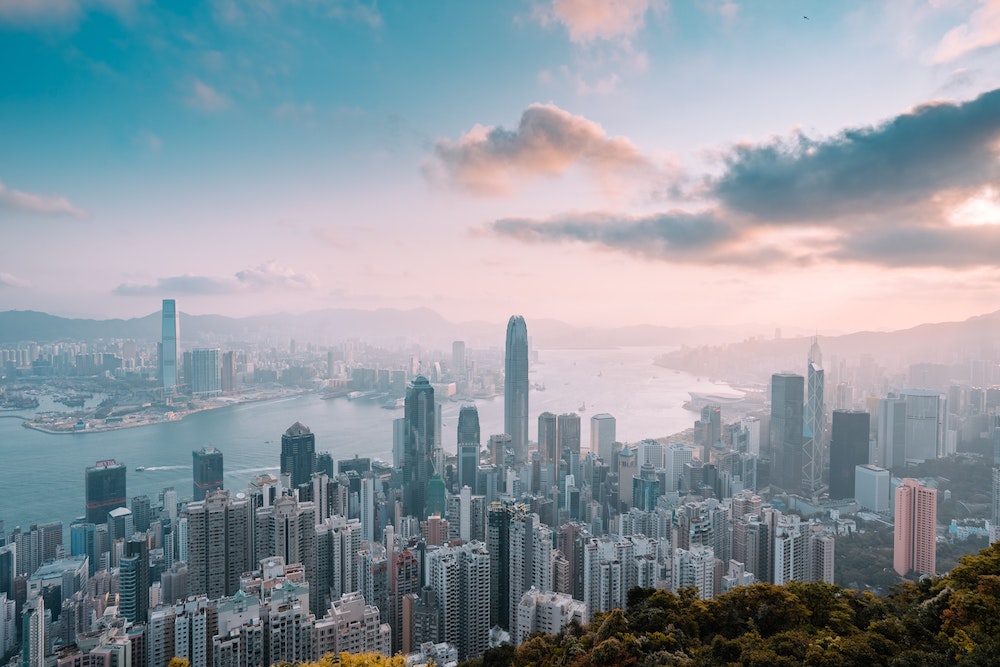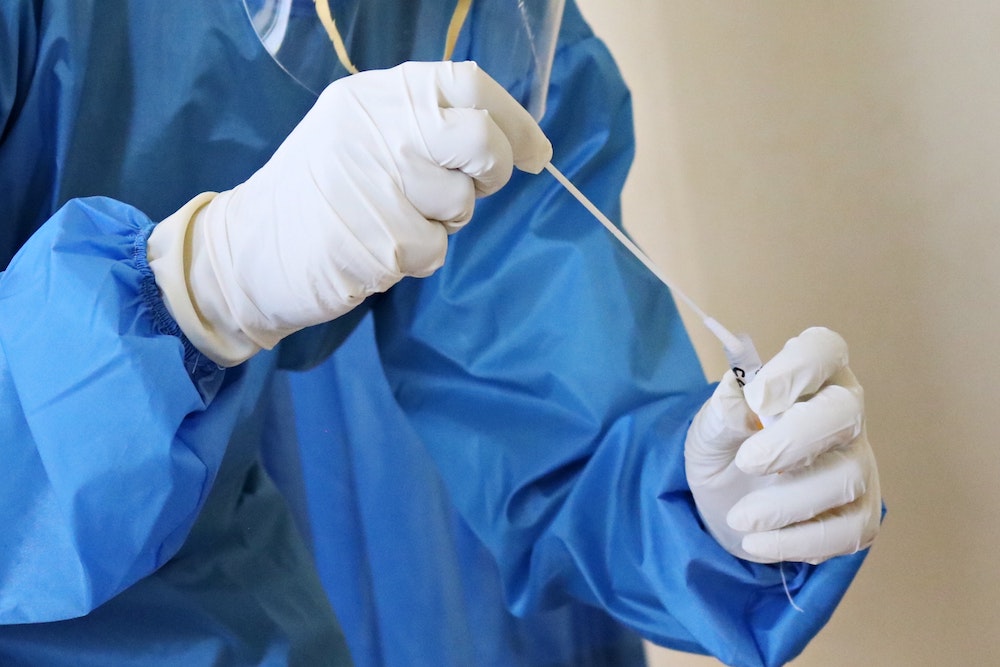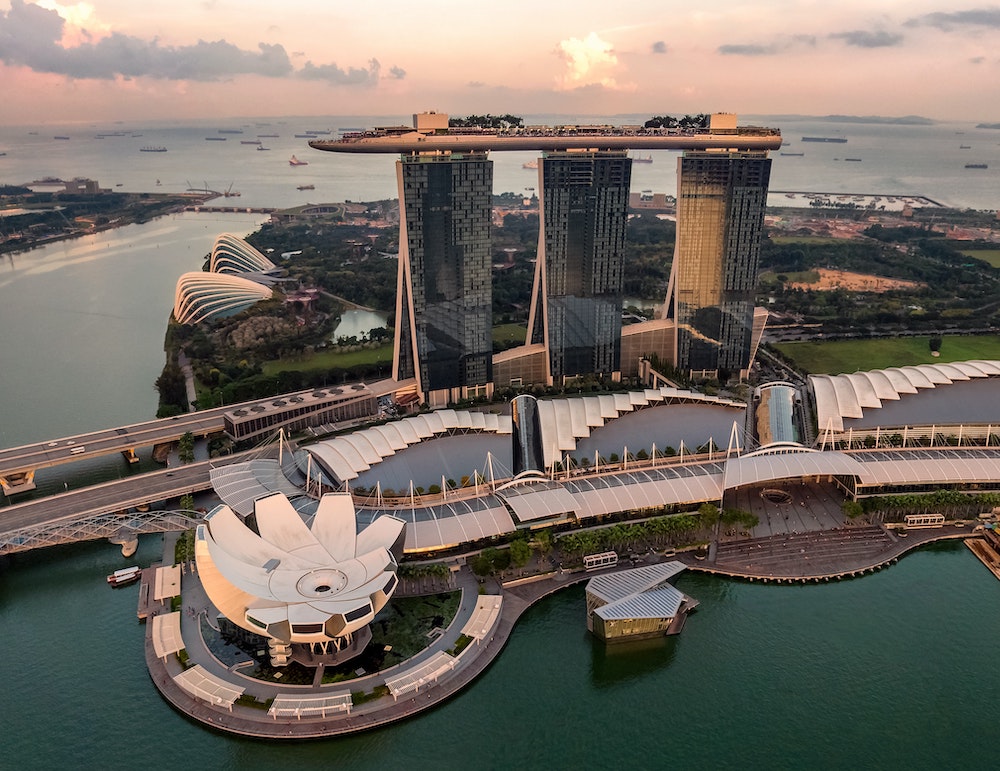With the blaze of the coronavirus devastating airports, aircrafts, flight routes, and basically the entire travel industry in its wake, it’s no wonder that countries are vying to start opening up their borders once again.
Doing so would undoubtedly do wonders for the economy; but without an approved vaccine, what exactly does this mean for the near future? Would this, inevitably, be the gateway to further uncontrolled outbreaks?
The impact of COVID-19

How’s this for size: Singapore’s Changi Airport was once the third-busiest airport in Asia. Now, numbers have collapsed to the lowest since 1981, with the airport only handling 1.5% of its previous traffic strength! With Singapore’s reputation as an aviation hub, as well as countless jobs, at stake, it has become imperative for Singapore to start exploring ways to open up its borders once again. Perhaps, with the right precautions and measures taken, the opening up of borders would prove to be a huge leap forward.
Singapore has already started accepting visitors – but only if they agree to the required testing and tracing procedures. This will replace the mandated 14-day quarantine, which would otherwise prove as a major deterrent for travellers.
Dedicated travel bubbles

Singapore has established various travel bubbles with countries like New Zealand, Brunei, Australia (except the Victoria state), and Vietnam; and is looking to create more of such agreements and green lanes with more countries around the world. One such country is Hong Kong, with possible quotas imposed on the number of people allowed to enter either country. Hong Kong has publicly announced its intention to proceed with such a travel bubble, with Singapore agreeing to enter into talks about it soon.
It’s interesting to witness Singapore’s unilateral approach to such a situation – for instance, Singapore has chosen to reopen its borders to some of the countries mentioned above, without waiting for reciprocation. Singapore’s Transport Minister Ong Ye Kung attributes this to Singapore having a “mindset of generosity required of a hub”, with hopes that other countries will soon follow suit. He sees this as a “standing invitation” for these countries to accept Singaporeans when ready. He models this decision after the UK, which opened up its borders to Singapore first, with Singaporeans still being advised against travelling to the country.
However, to the disappointment of many, Minister Ong did dash the hopes of many by declaring that December holiday plans are still out of the question.
Is Singapore equipped to handle such a risk?

With advanced technology and ramped-up testing efforts, the outlook does look quite promising. Changi Airport now has the capacity to swab as many as 10,000 travellers a day! The airport is also looking to add a dedicated testing laboratory, which will be located within its premises, over the next few months.
Singapore is also on track to increase its testing capacity to up to 40,000 tests a day by November. Imagine that! Based on a current estimate, there are about 27,000 people being tested daily during this period of time.
What else is in the pipeline?
In a poll published by the Straits Times, it seems as if South Korea is the most desired country for Singapore to establish a travel bubble with. The poll garnered 6,000 responses with South Korea sweeping 40.7% of the results; Japan at 17.7%; and Thailand at 16.9%. Other countries in the poll included Malaysia (11.6%), New Zealand (8.6%), and China (4.5%).
It’s no surprise that South Korea and Japan topped the list with both being steadfast crowd favourites in recent years. Good news is, Japan is looking to allow its residents to travel to 12 countries next month and yes, this includes Singapore! Short-term business travel has already been permitted between the countries and hopefully, in time to come, the borders will open up even further.
What can be done in the meantime?

Unfortunately, it does seem as if leisure travel won’t be possible in the near future. Instead, why not seize the chance to discover more of what our own city has to offer? Take your pick from a wide range of staycations, attractions and more – with discounted rates and extra perks thrown into the bundle.
If you wish, you can even go on a “cruise to nowhere” with Genting Cruise Lines or Royal Caribbean International in November. Operating at a reduced capacity of 50%, these cruises will be going on a round-trip route with no ports of call.
And if you need more hope, there are various vaccines in the pipeline, on top of an international antibody trial. This trial will involve COVID-19 patients from Singapore, together with patients from USA and Denmark.
No matter what, here’s to coming out stronger as a country and, by extension, the world. Stay tuned for more promising updates!
Join the conversations on THG’s Facebook and Instagram, and get the latest updates via Telegram.












